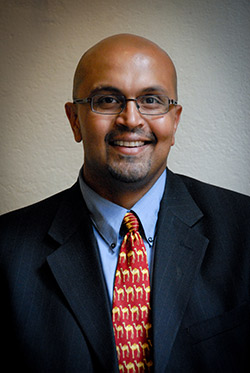Levin and Marri Quoted Extol the Virtues of Financial Education in Wallethub
Levin, the William Heard Kilpatrick Professor of Economics and Education, says the federal government should develop media campaigns to "make citizens aware of both the importance of financial literacy" and its usefulness in addressing practical financial challenges. States should incorporate financial problem-solving into other curricula, and parents should help students with practical problems like "budgeting, saving, the magic of compound interest, credit cards and their dangers, etc..." To see Levin's full answers, click here.
Marri, Associate Professor of Social Studies and Education, Principal Investigator for the Understanding Fiscal Responsibility and Loot, Inc.projects, and Vice President and Head of Economic Education for the Federal Reserve Bank of New York, says financial literacy should be seen as "an elemental part of economic literacy," and that "financial concepts should be taught from kindergarten to 12th grade" using real-world financial dilemmas. With a curriculum which he helped develop at Teachers College, for example, students grapple with questions such as, "should a kid go to a community college, a state university or a private school, and what are the choices involved in that? When someone hits it rich, what should they do?"
To help improve financial literacy among young students, Marri says the key is to focus on their teachers. "Most teachers are afraid of economic topics, period. Less than 20% of teachers have taken more than one economics course in their undergraduate days." To see Marri's full answers, click here.
Published Monday, Jan. 12, 2015

